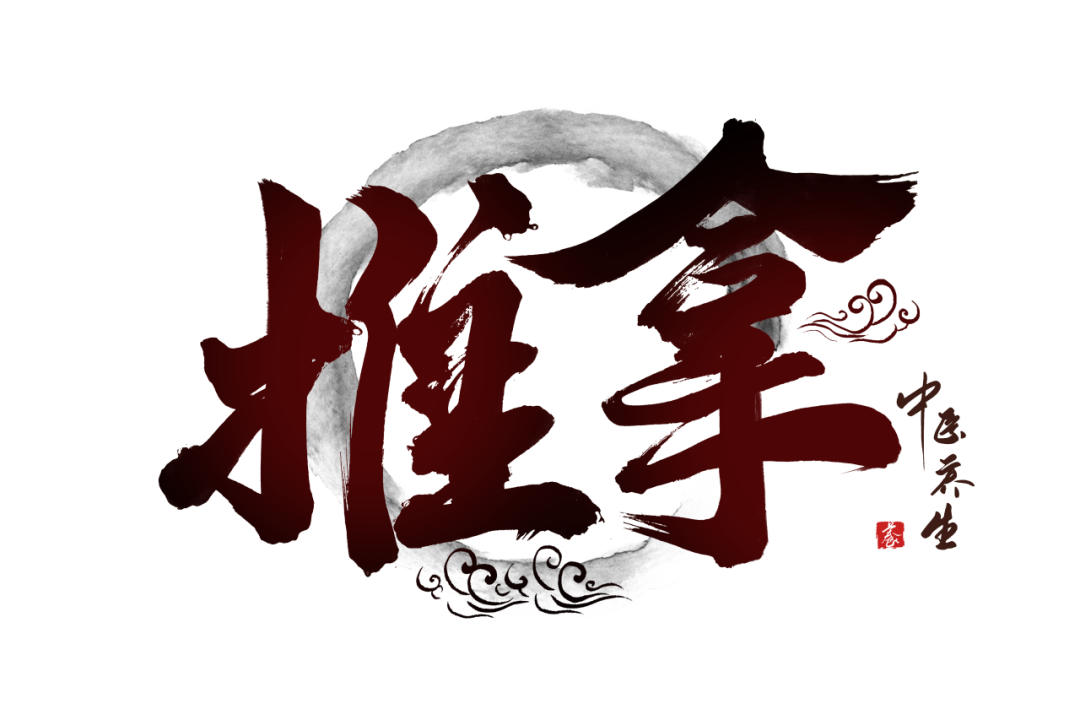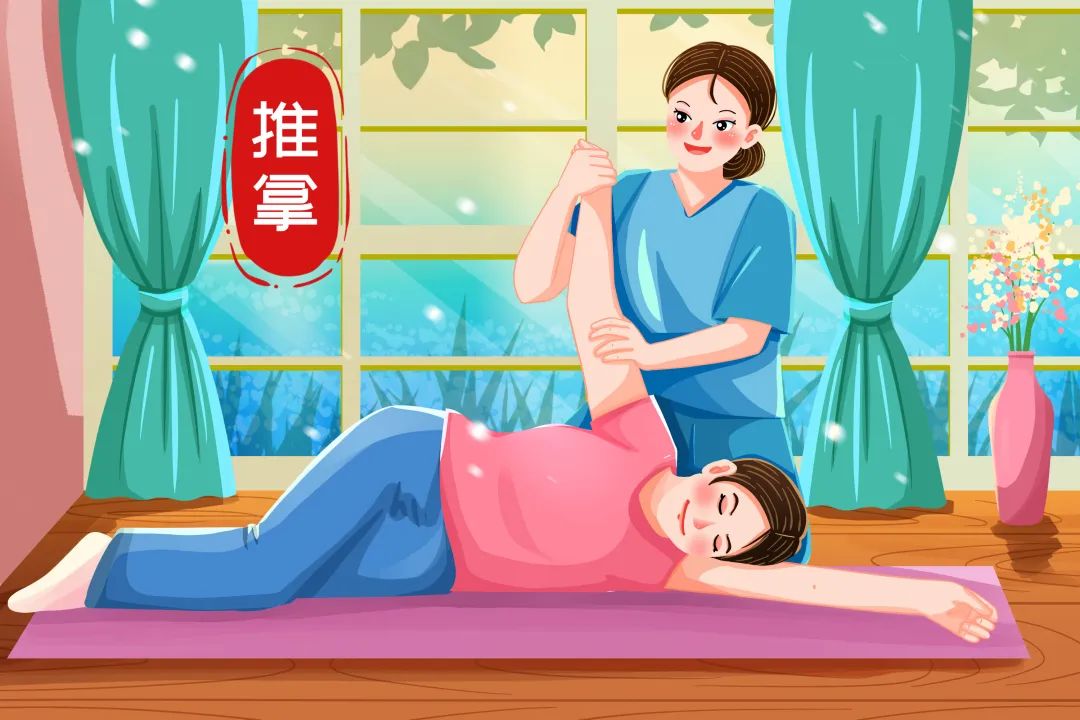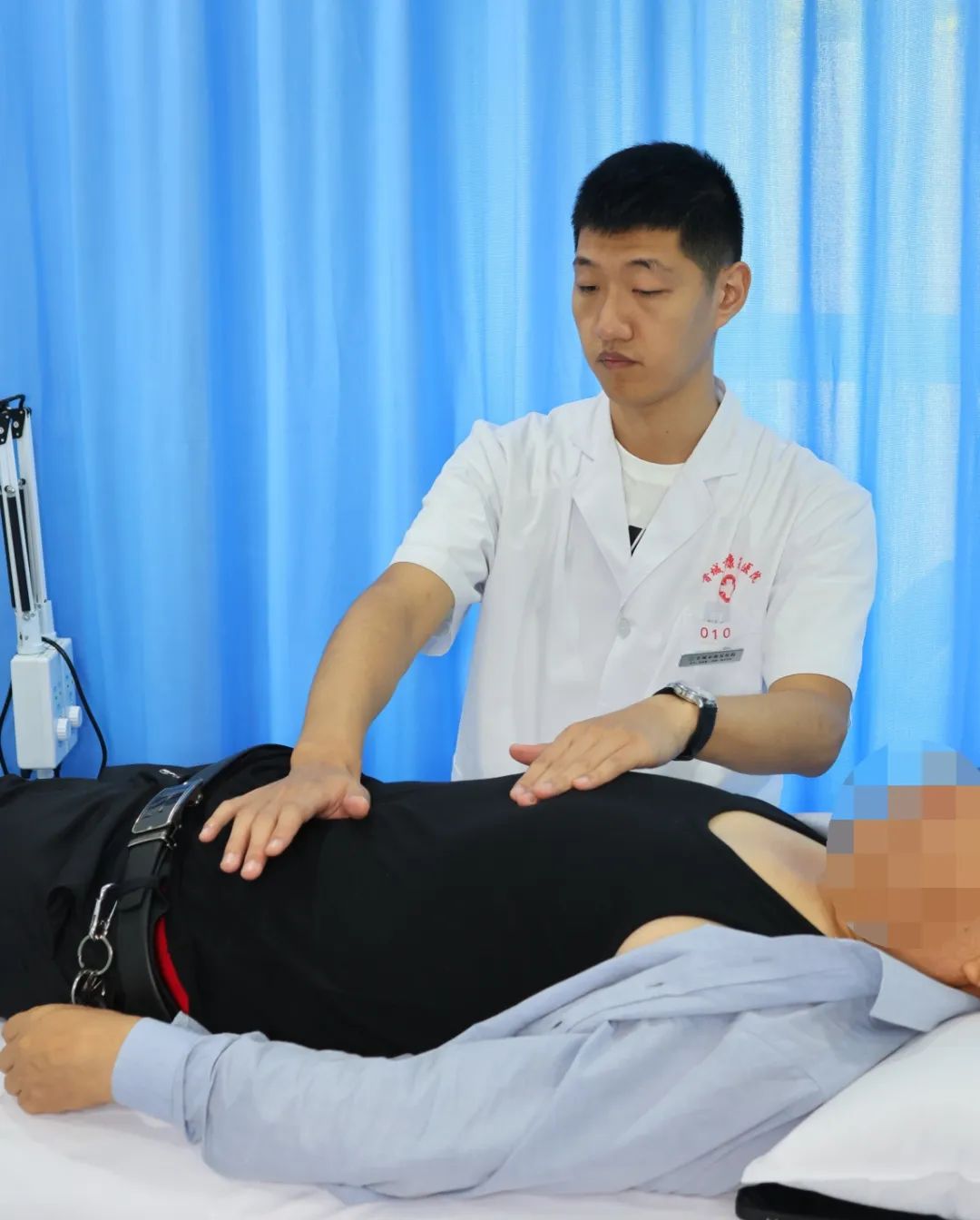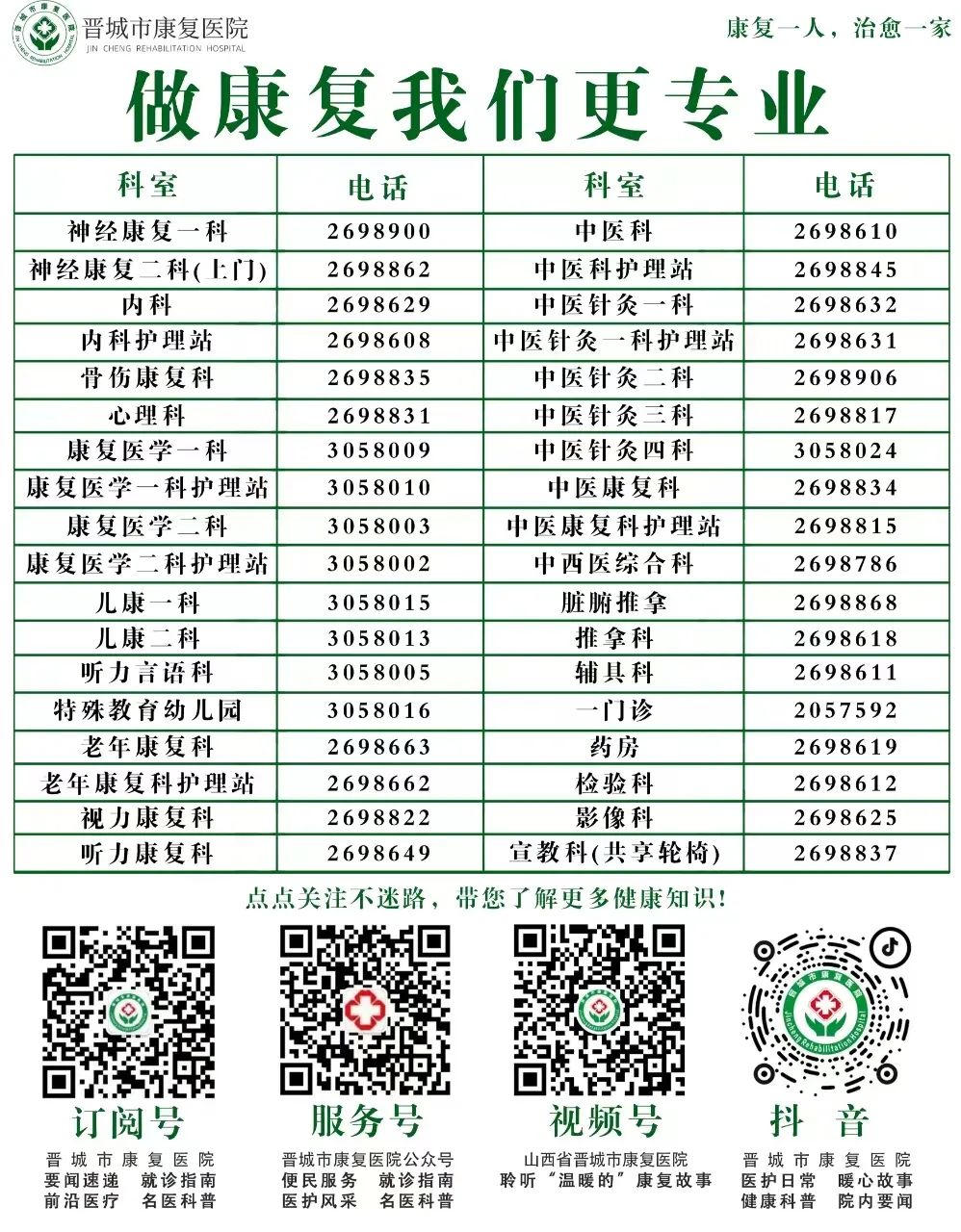

Remarkable
Zangfu Tui Na
Jincheng Rehabilitation Hospital



Zangfu Tui Na
Zangfu Tui Na is a TCM external treatment method guided by the principles of Traditional Chinese Medicine (TCM). It utilizes techniques such as pressing, rubbing, kneading, and pushing on the body’s surface (primarily the abdomen and back) to stimulate the meridians and acupoints, thereby regulating the qi and blood of the organs and balancing yin and yang. This method is effective in treating various internal medicine and gynecological conditions caused by dysfunction of the organs.


01
Zangfu Tui Na


Zangfu Tui Na has a wide range of clinical applications and is commonly used to treat the following conditions:
01
Internal Medicine Diseases
Hypertension, dizziness, headaches, insomnia, gastrointestinal dysfunction, chronic gastritis, indigestion, bloating, gastric spasms, abdominal pain, abdominal distension, constipation, diarrhea, irritable bowel syndrome, chronic fatigue syndrome, simple obesity, sequelae of stroke, etc.
02
Gynecological Diseases
Menstrual irregularities, premenstrual and postmenstrual symptoms, dysmenorrhea, menopausal syndrome, polycystic ovary syndrome, uterine prolapse, etc.
Benefits of Zangfu Tui Na
Strengthens the spleen and stomach, generates qi and blood;
Benefits kidney qi, balances yin and yang;
Regulates liver and gallbladder, smooths qi flow;
Adjusts the three burners, facilitates pathways.
01
Improves Physical Condition
Zangfu Tui Na can enhance the body’s condition, boost immunity, and promote self-healing, leading to better overall health.
02
Regulates Organ Function
Zangfu Tui Na can regulate organ functions, promote metabolism and immunity. It is particularly effective for gastrointestinal dysfunction, spleen and stomach weakness, and poor liver and kidney function.
03
Alleviates Disease Symptoms
Zangfu Tui Na can also relieve various disease symptoms such as headaches, insomnia, constipation, fatigue, and dysmenorrhea. By adjusting the internal balance of the body and improving qi and blood circulation, it achieves symptom relief.

02
Precautions for Zangfu Tui Na


Relax and Unwind

Relax your mind and body, allowing all muscles to loosen.
Trust

Fully trust the Tui Na practitioner, minimizing any instinctive resistance due to discomfort. (The abdomen is divided into nine regions, each representing the heart, liver, spleen, lungs, kidneys, gallbladder, stomach, large intestine, and bladder. If there are issues with these organs, corresponding areas in the abdomen may show stagnation or lumps, causing bloating and pain during pressure. However, typically, there is no sensation when not pressed.)
Cooperate

The more pain and discomfort, the more serious the organ issues may be. Regardless of the pain level, you should cooperate with the Tui Na practitioner to complete each technique.
Consistency

Due to long-standing lifestyle and dietary habits, air conditioning, and other factors, the body can accumulate various cold pathogens, waste, and negative energy. Therefore, if conditions allow, maintaining regular Zangfu Tui Na is the best choice for preventive health care. In the absence of specific discomfort, it is reasonable to have Zangfu Tui Na at least once a week.
Expert Introduction

Li Zhanxin, licensed TCM practitioner, Master of Medicine, specializes in using Zangfu meridian Tui Na, acupuncture, and other non-pharmaceutical therapies combined with traditional martial arts techniques to treatabdominal distension, insomnia, sequelae of stroke, diabetic peripheral neuropathy, gastrointestinal dysfunction, simple obesity, and common organ diseases, as well as soft tissue injuries such as neck, shoulder, waist, and leg pain.
Address:1188 Dongjie, Duhe District, Zangfu Tui Na Clinic
Consultation Phone:
0356-2698868
Dr. Li: 18603560036
The above images are sourced from the internet. If there are any copyright issues, please contact us for prompt removal.
Source: Zangfu Tui Na Department Li Zhanxin
Reviewed by: Zangfu Tui Na Department Li Zhanxin
Edited by: Online Promotion Department Wang Jundong
Chief Editor: Online Promotion Department Zhang Xin

